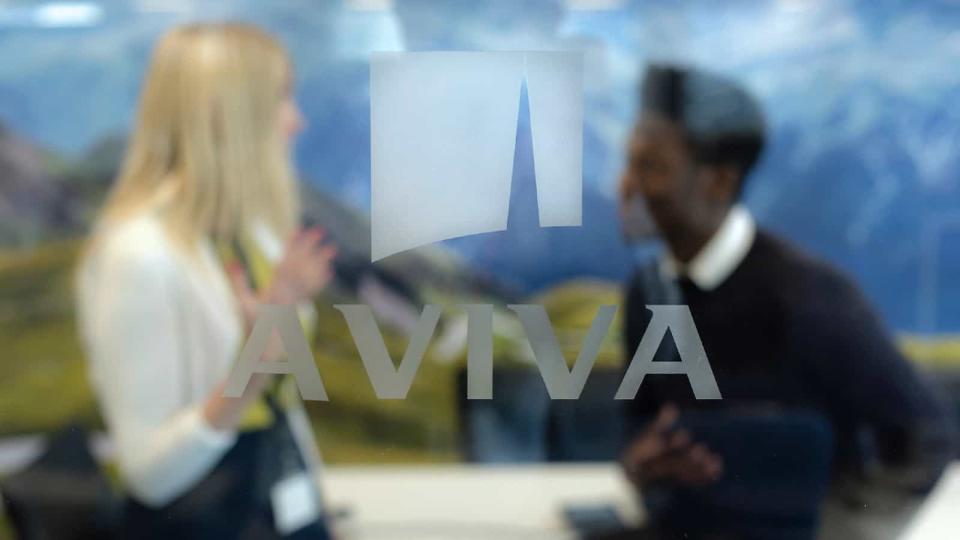As Aviva’s share price heads to £5 is there any value left in it?

Aviva’s (LSE: AV) share price has trended higher since the release of its 2023 results on 7 March.
As a stockholder, this raises the question for me of whether there is any value left in the shares. If not, perhaps I should consider selling, as I have been considering for a while now.
Valuation against its peers
Aviva trades on the key price-to-earnings (P/E) stock valuation measurement at 12.9. This is the second lowest in its peer group, which averages 20.8.
The peers comprise Hiscox at 7.6, Prudential at 15.8, Admiral at 24.8, and Legal & General at 34.9.
So, on this measurement, Aviva looks undervalued.
A subsequent discounted cash flow analysis shows it to be around 34% undervalued at its current price of £4.94. So a fair value would be around £7.48.
This doesn’t necessarily mean that it will ever reach that price. But it confirms to me that the stock looks undervalued.
Additional support for the share price may come from the new £300m share buyback programme announced with the results. Buybacks tend to be supportive of stock price rises.
A strong core business?
Whether it will continue to grow strongly is another matter. So I looked again at the core business, beginning with the risks in the stock.
One is a new global financial crisis, of course. The mini-crisis in March 2023 catalysed by the failures of Silicon Valley Bank and Credit Suisse was sufficient to cause UK financial stocks to tumble.
Another risk in the stock is that inflation rises again in Aviva’s core markets of the UK, US, and Canada. This would increase the cost of living again, which might deter new customers and cause existing ones to cancel policies.
Nonetheless, Aviva’s 2023 results showed a 9% rise in operating profits to £1.47bn, from £1.35bn in 2022.
It also saw an 8% increase in Solvency II operating capital generation to £1.46bn, from £1.35bn in 2022. Its Solvency II ratio now stands at 207%, against just 100% as the regulatory standard for insurance companies.
This is not only a safeguard against future financial crises but can also be a powerful engine for growth.
Dividend increased
The yield on a stock changes with the dividend payments declared each year and with the share’s price.
In Aviva’s case, the total dividend for 2023 was increased by 8% to 33.4p a share from 31p in 2022.
The share price on results day was £4.63, so the yield then was 7.2%. With the share price at £4.94 as I write early on 25 March, the yield has dropped to 6.8%.
This is under my minimum for a high-yield stock of 7%. Now over 50, I have focused on stocks that pay 7%+ dividends rather than those that promise high growth.
I don’t want to wait around for growth shares to recover from any major losses, as has happened before.
Instead, I want stocks that maximise my income, so that I can continue to cut back on my working commitments.
This said, there appears to be value left in Aviva stock, so I will hold on to it for the time being.
The post As Aviva’s share price heads to £5 is there any value left in it? appeared first on The Motley Fool UK.
More reading
Simon Watkins has positions in Aviva Plc and Legal & General Group Plc. The Motley Fool UK has recommended Admiral Group Plc and Prudential Plc. Views expressed on the companies mentioned in this article are those of the writer and therefore may differ from the official recommendations we make in our subscription services such as Share Advisor, Hidden Winners and Pro. Here at The Motley Fool we believe that considering a diverse range of insights makes us better investors.
Motley Fool UK 2024

 Yahoo Finance
Yahoo Finance 